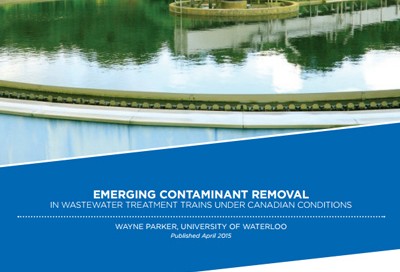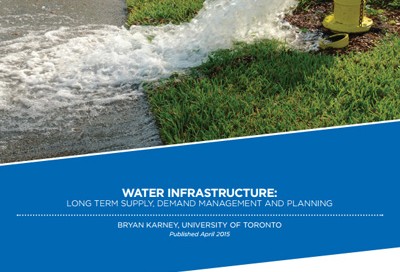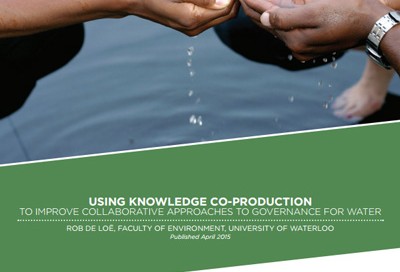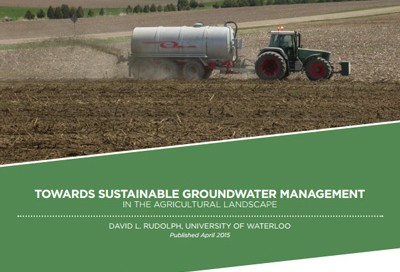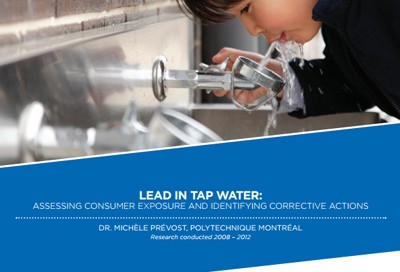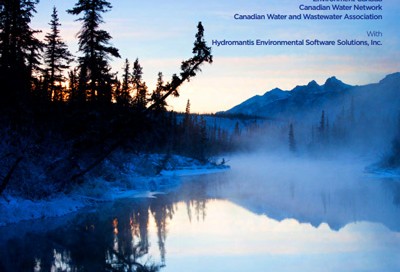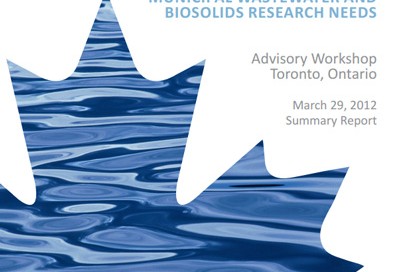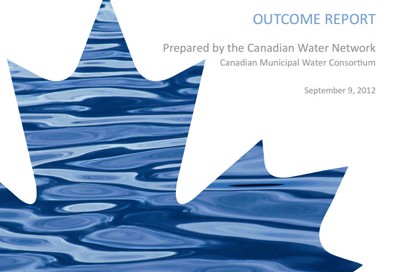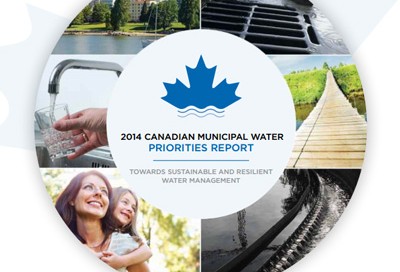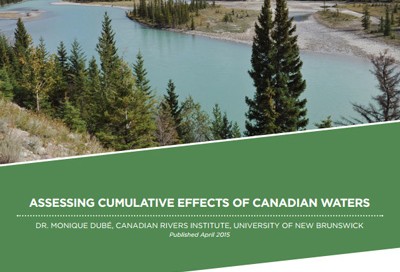Emerging Contaminant Removal in Wastewater Treatment Trains Under Canadian Conditions
This nation-wide project expands our knowledge on the removal of Emerging Contaminants in common Canadian wastewater treatment processes over a range of climatic and seasonal conditions. A significant contribution of this work is the concurrent analysis of a suite of aquatic toxicological endpoints, ranging from gene expression to whole organism responses.


